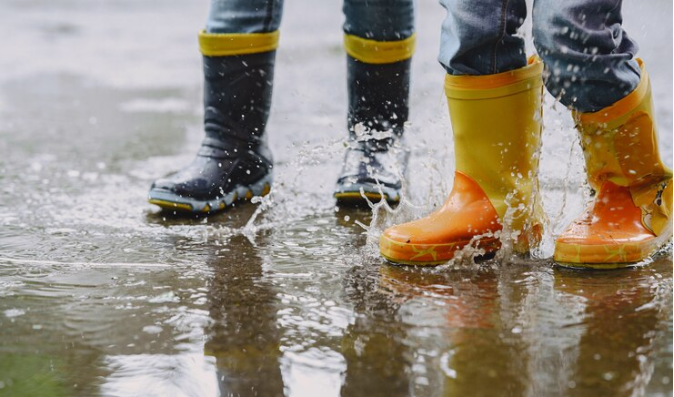Understanding Rain Insurance
Basic Definition and Purpose
Rain insurance is a specialized coverage designed to protect against financial losses caused by rainfall that disrupts planned events or business operations. Unlike standard property insurance that covers rain damage to buildings or belongings, rain insurance specifically addresses revenue losses when rain prevents or significantly reduces attendance at outdoor events. This coverage typically applies to concerts, festivals, sporting events, weddings, agricultural operations, and other activities where rainfall directly impacts financial success. The insurance pays predetermined amounts when rainfall exceeds specified thresholds rather than reimbursing actual damages, making it a form of parametric insurance tied to measurable weather data.
Event Coverage Applications
Rain insurance proves particularly valuable for outdoor events where weather conditions directly affect attendance and revenue. Music festivals, outdoor concerts, and sporting events commonly purchase rain insurance to protect against ticket sales losses when rain reduces attendance or forces cancellation. Wedding planners and venues use rain insurance to provide refunds or alternative arrangements when weather disrupts outdoor ceremonies. Agricultural events like county fairs, harvest festivals, and farmers' markets rely on rain insurance to offset revenue losses during rain-affected weekends. The coverage typically triggers when rainfall exceeds predetermined amounts (like 0.1 inches during event hours) measured at specific weather stations near the event location.
Agricultural and Business Uses
Beyond special events, rain insurance serves various agricultural and business applications. Farmers use rain insurance to protect against crop losses from excessive rainfall during critical growing or harvesting periods. Tourism businesses in outdoor recreation areas purchase rain insurance to offset revenue losses when rain reduces visitor numbers. Construction companies sometimes obtain rain insurance to cover delays and additional costs when rainfall prevents scheduled work. Golf courses, amusement parks, and other weather-dependent businesses use rain insurance to maintain cash flow during rain-heavy periods that reduce customer activity. These applications typically involve longer coverage periods and more complex rainfall measurement criteria than single-event policies.
Coverage Structure and Limitations
Rain insurance operates differently from traditional property insurance, using parametric triggers based on rainfall measurements rather than actual damage assessment. Policies specify exact rainfall thresholds, measurement locations, and payout amounts before coverage begins. Most policies require rain to occur during specific hours (like event times) rather than just on event dates. Coverage typically excludes other weather factors like wind, hail, or temperature that might also affect events. The insurance doesn't cover losses from events cancelled due to rain forecasts but rather actual rainfall. Premium costs vary significantly based on location, season, historical rainfall patterns, and specific coverage triggers, making professional risk assessment essential for appropriate coverage selection and pricing.






